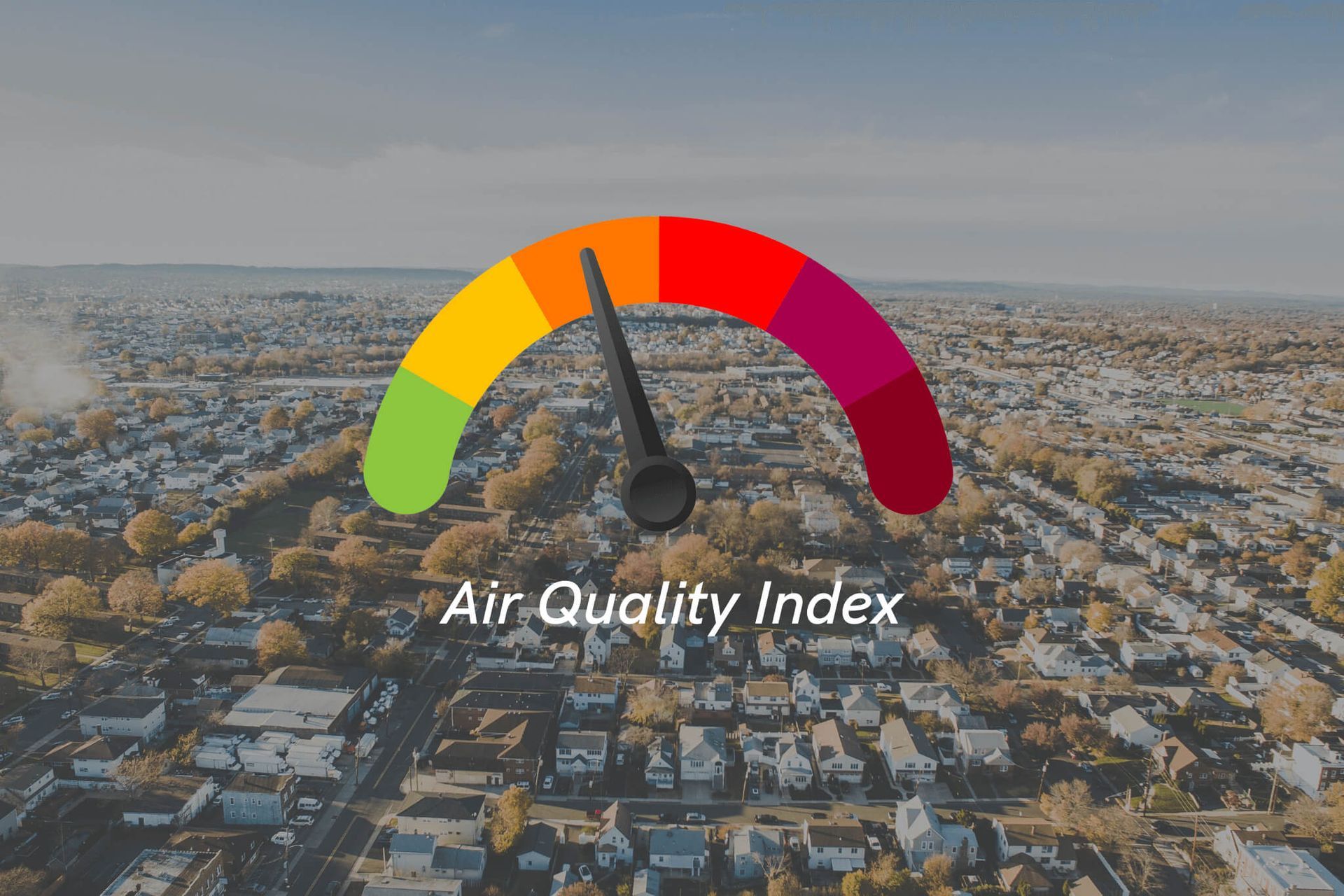How Do I Maintain My Spray Foam Insulation in Mount Vernon to Ensure Longevity?
How Do I Maintain My Spray Foam Insulation in Mount Vernon to Ensure Longevity?

1. Regular Inspections for Damage or Wear
Even though spray foam is highly durable, it’s still important to inspect it regularly. Look for any signs of:
- Cracks or Shrinkage – While rare, extreme temperature fluctuations can cause minor shifts in insulation.
- Moisture Damage – Even though closed-cell spray foam is moisture-resistant, leaks in your roof, walls, or foundation can lead to mold or mildew issues.
- Pest Infestation – While spray foam does not attract pests, gaps or holes in nearby materials can allow rodents or insects to nest around it.
Performing an annual inspection or checking after extreme weather events ensures that your insulation remains intact.
2. Addressing Moisture Issues
One of the biggest threats to spray foam insulation is moisture infiltration. Although closed-cell spray foam acts as a moisture barrier, leaks from the roof or plumbing can still compromise the insulation’s effectiveness. To prevent issues:
- Regularly inspect your home’s plumbing and roof for leaks.
- Ensure proper ventilation in areas prone to moisture, such as basements and attics.
- Use a dehumidifier in humid months to control excess moisture in the air.
By keeping moisture levels under control, you can prevent mold growth and structural damage that could affect your insulation.
3. Protecting Insulation from Physical Damage
Although spray foam is sturdy, it can still be damaged by accidental impact during home renovations, electrical work, or plumbing repairs. To maintain its integrity:
- Be cautious when drilling into
walls or attics where spray foam is installed.
- Notify contractors about your insulation before starting any major work.
- If damage occurs, contact a professional to properly repair or reapply spray foam as needed.
4. Keeping an Eye on Indoor Air Quality
Spray foam insulation helps seal your home and improve energy efficiency, but it also reduces natural airflow. To maintain good indoor air quality:
- Ensure proper ventilation, especially in areas like attics and
crawl spaces.
- Change HVAC filters regularly to prevent dust and allergens from circulating.
- Use an air exchanger or ventilator if necessary to balance fresh air intake.
Proper ventilation ensures that your insulation works efficiently without compromising indoor air quality.
5. Periodic Professional Inspections
While DIY inspections are useful, having a professional assess your spray foam insulation every few years can help detect hidden issues. Experts can:
- Use thermal imaging to check for gaps or inconsistencies in insulation.
- Evaluate moisture levels to prevent mold or rot.
- Provide repair or touch-up services to ensure continued performance.
Hiring a professional ensures that your insulation remains in top condition and performs at its best.








